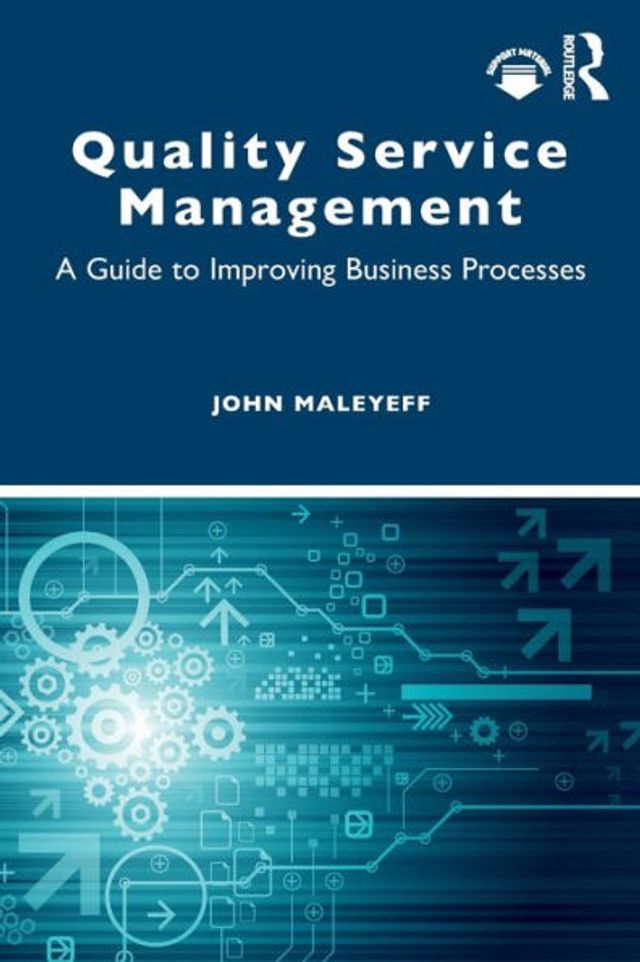Home
Decoding Reliability-Centered Maintenance Process for Manufacturing Industries: 10th Discipline on World Class Management



Decoding Reliability-Centered Maintenance Process for Manufacturing Industries: 10th Discipline on World Class Management
Current price: $77.99
Loading Inventory...
Size: Hardcover
There are cases where breakdowns and failures are not the primary cause of equipment downtime, especially in manufacturing industries. Although RCM is a popular strategy, still many manufacturing industries are not implementing this process and continue to remain stuck in their PM tasks. The main reason why I wrote this book is that doing RCM in a manufacturing plant is a bit different from doing RCM in oil and gas, power plants, and other similar plants because their equipment losses are different, although the process on how RCM is done will be the same. If you worked in a semi-conductor plant, breakdowns and failures are not the main issues, but minor-stoppages, changeover, or quality problems are. You must know the boundary between what RCM can address and what it cannot. RCM will address failures and breakdowns by proposing tasks; it is not designed to address every possible equipment loss. What I am saying is that failures are just a subset of the entire equipment losses. Suppose you have chronic quality problems caused by the equipment; RCM can address some of them, but not all, since Quality problems and defects are much broader than breakdown and failures. I have a detailed explanation of what particular losses RCM can and cannot address in Chapter 3.3.2 of this book. This book is written to help industries implementing RCM on their machines, equipment, and assets. Some of the highlights of this book includes:
In this book, I have explained two definitions of RCM, which is looking on the equipment side and the human side of doing it. Reliability-Centered maintenance is a process used to determine any physical asset's maintenance tasks, decisions, and requirements in its current or present operating context. It is also a process used to determine what must be done to ensure that any physical assets continue to do whatever their users want them to do in their present operating context. On the human and softer definition, RCM is a way or process of capturing and extracting the knowledge, understanding, and wisdom of the most experienced people in the plant and transforming it into a living document and their legacy. In most cases, when these good old folks go away and retire for good, they bring everything they know to their grave, and the plant hires fresh employees with little or no experience and starts everything from the very beginning. We just want to put a stop to this never-ending cycle.I have also explained in this book how to implement RCM more successfully by restoring the equipment first. If the plant is implementing Total Productive Maintenance, the integration of these two methodologies is explained in detail in this book.


















